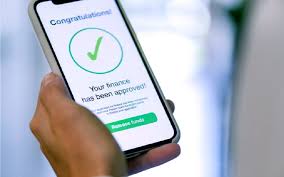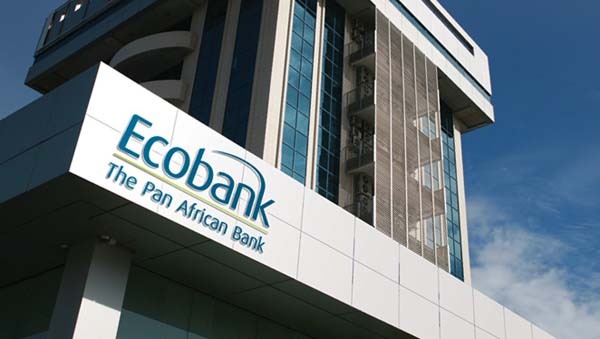The landscape of digital lending in Nigeria is undergoing a dramatic transformation, with the number of approved loan app soaring to 380 this February, a significant jump from 320 in October of the previous year. This surge, reflecting approvals from both the Federal Competition and Consumer Protection Commission (FCCPC) and licenses granted by the Central …

